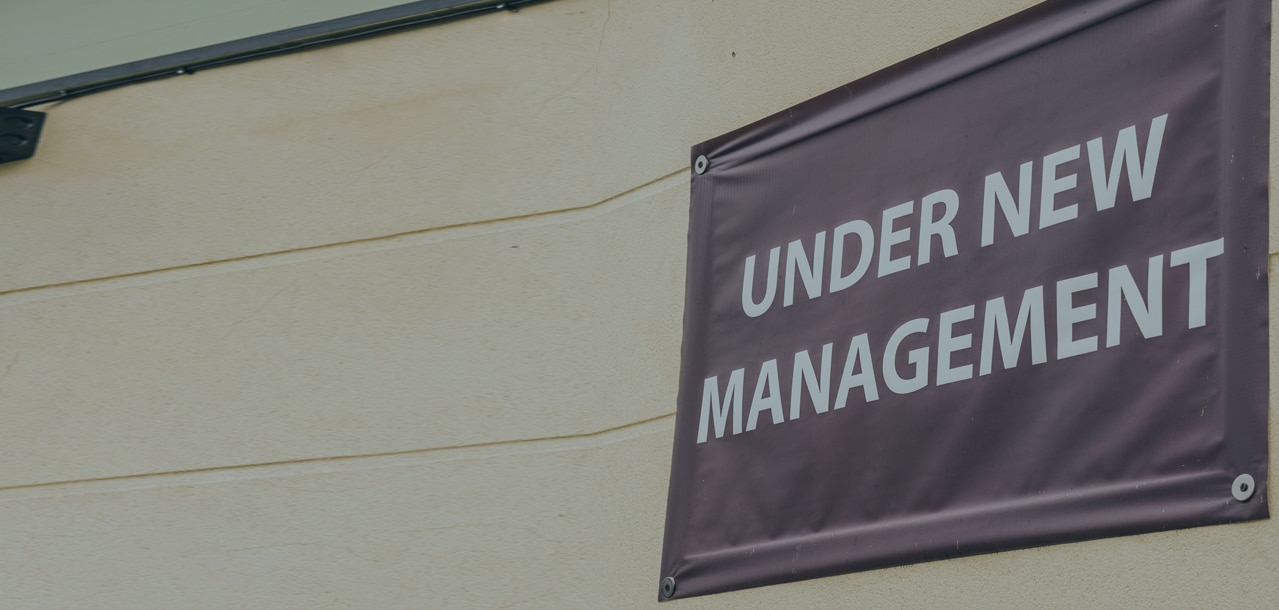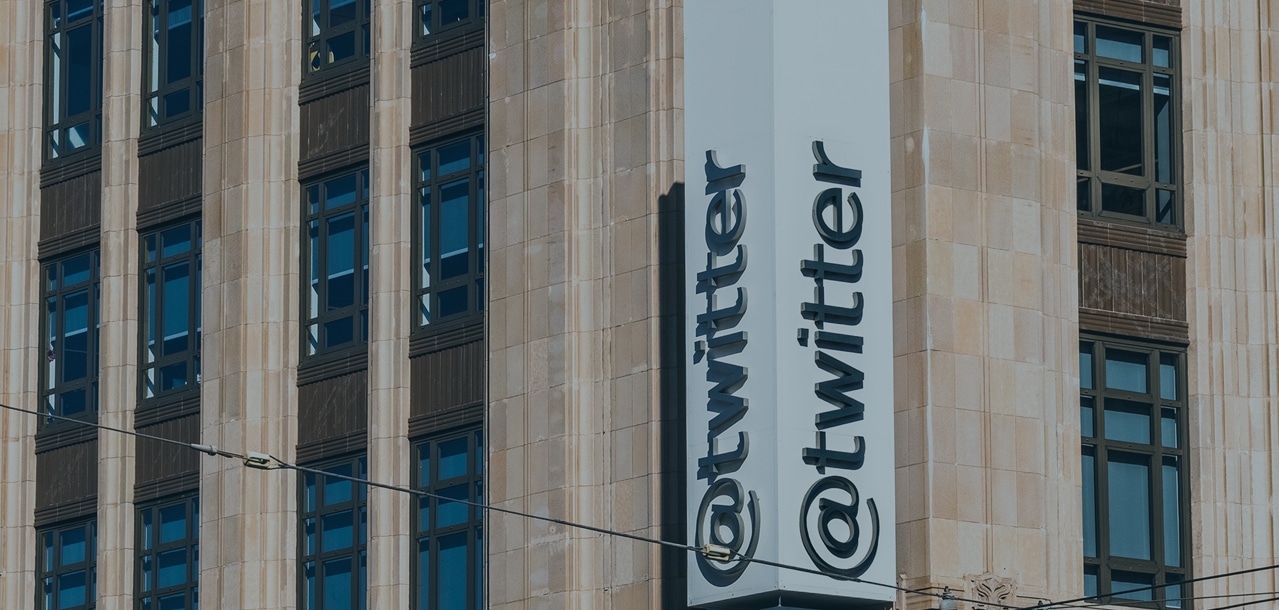Steering Point Articles

How to Start Over
“In December 2022, LinkedIn and CensusWide asked more than 2,000 U.S. workers about their professional plans for the coming year. It found that 72% of Gen Zers and 66% of millennials were considering changing careers. For Gen X and baby boomers the numbers were 55% and 30% respectively. Meanwhile, a Microsoft survey from 2021 found that over 41% of workers were considering quitting or changing professions that year.”

The Grown-ups are Talking: The Rise of the Older Startup Founder
“Recent research published in Harvard Business Review would suggest that a seismic shift is underway. The average age of successful startup founders is steadily climbing, with a growing number of entrepreneurs in their forties and fifties proving that age is no barrier to innovation and success; quite the opposite, in fact, it’s these older founders who are thriving.”

Juggling a Full-time Job and a Side Hustle
“For many, balancing a full-time job while pursuing a side hustle is not just a means of boosting income but also a way to fulfill entrepreneurial aspirations, hone new skills, and achieve personal growth. However, managing both can be a challenging endeavour, demanding careful planning, time management, and strategic decision-making.”

The Future of Fund Distribution: Fintech and the Democratisation of Investment Solutions
“The traditional landscape of investment management, dominated by high minimums, opaque fees, and limited access, is undergoing a seismic shift. Fueled by the relentless march of technology, financial technology (Fintech) is revolutionising the way investment products are distributed, ushering in an era of democratisation.”

The Power of Likeability
“Understanding the essence of likeability can significantly alter our interactions both personally and professionally. Psychology unveils subconscious triggers that influence our perception of others. By grasping these mechanisms, we can refine our approachability and establish stronger bonds.”

This is Water
“We live immersed in the water of our daily routines, oblivious to its very existence until someone points it out. The “water” in our lives could be anything –– the ability to have a meaningful conversation, the beauty of a sunrise, the simple act of breathing, all these cosmically miraculous aspects of the human experience that we steadfastly fail to recognise.”

Capitalism and a Successful Economy
“At present, the largest issue facing companies is how to coordinate bargaining over wages and working conditions with their employees and the organisations that represent labour.”

Navigating New Leadership: A Guide for Employees when a Boss or CEO Changes
“Successfully navigating a leadership transition requires a proactive approach to ensure continued productivity and career satisfaction. How do you build a relationship with a new leader? How do you help ensure a smooth transition? In the worst case scenario, how do you spot a leader who isn’t going to serve you and what can you do to counter that?”

Returning Refreshed: A Comprehensive Guide to a Smooth Post-Holiday Work Transition
“Re-entry shock, holiday hangover, call it what you will. For a lot of us it’s hard to not be overwhelmed by the stark transition, harder still to actually hit the ground running. These return periods often result in a drop in productivity, a slump in mood, and a sense of disconnection. But there are ways to avoid the negative spiral a return to work can bring.”

Observation Inspiration from the US Airforce
“The OODA loop or the ‘Boyd Cycle’ is a closed loop which was created by US Airforce Pilot John Boyd. The cycle is divided into 4 key pillars, observation, orientation, decision and action. The cycle was developed by the military strategist to assist and support decision making in rapidly changing environments.”

Juggling Act: How to Work While Caregiving and/or Grieving
“There’s an endless stream of talk around the subject of work-life balance. Employees want to enjoy their work while not giving themselves over to it entirely, leaving space both mentally and in the actual diary for personal activities. But what about those struggling with the opposite?”

Navigating Change at Twitter (X): Elon Musk’s Leadership and Its Impact on Organisational Culture and Employee Well-being
“Elon Musk’s acquisition of Twitter instigated significant changes, affecting employee well-being. Musk’s leadership style, blending directive methods with visionary elements, has had dual impacts on staff. His directive approach, focusing on immediate results and structural changes, has potentially heightened employee stress levels. Conversely, Musk’s vision aims to inspire and unite the workforce towards common goals (Tahir, 2015), which might alleviate some of this stress.”